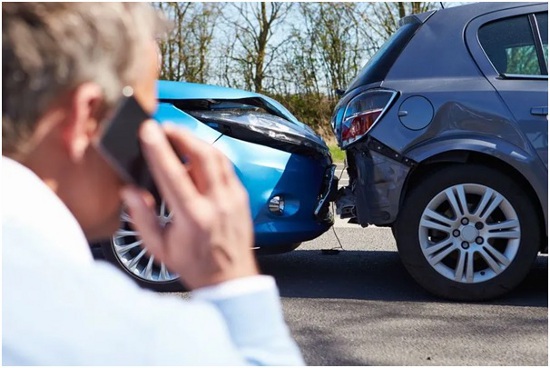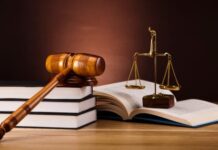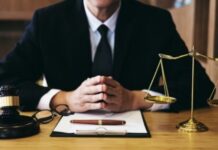Accidents can happen at any time, regardless of how safely you or your loved ones drive. It’s important to know what steps to take to ensure everything goes smoothly in the aftermath of a collision.
Immediately Check for Injuries
The first priority after a traffic collision is to check for injuries. If anyone is injured, call an ambulance immediately and follow the medical instructions given until help arrives. Remember to prioritize your own well-being before assisting others. It is also crucial to contact the police as their presence is necessary when there are physical injuries involved. However, if the accident only results in minor vehicle damage, you can manage it yourself with the help of locals and ambulance helpers, without involving the police. In such cases, staying calm is essential.
Collect Relevant Data
If your vehicle is damaged, it’s important to gather evidence that can demonstrate your position and situation at the time of the accident. This evidence may be useful in case of complications or objections later on.
Relevant/Actual Data to Collect
- Take clear photos from multiple angles of all elements involved in the accident, including the positions of the vehicles, the damages sustained, skid marks, the position of the sun, road conditions, width of the road, road signs, distances of nearby objects, etc.
- Make notes or marks on the road surface with chalk to indicate positions if the vehicles need to be moved quickly.
- Write down details of any witnesses before they leave. Their statements can serve as crucial evidence.
Essential Items to Keep in Your Car
To be prepared for unforeseen accidents and to safely navigate through adverse weather conditions, it is advisable to have certain items in your car at all times:
- A first aid kit
- A bottle of water for wound care and emotional support
- A fluorescent vest (required by law)
- Pen and paper
- Piece of chalk for making road surface markings
- Camera or mobile phone with photo function for documenting the scene
Additional Information about Traffic Accidents
In the unfortunate event of a car accident resulting in damage to your vehicle, you should contact your insurance company. If they refuse to provide compensation, you are usually given one month to cancel your auto insurance.
Understanding how damage control and compensation work following a traffic accident can be important. Some states have regulations that facilitate quick and easy processing of complaints, so it’s crucial to file a complaint if necessary. For minor accidents where your car has caused damage, take it to the nearest car repair shop approved by your insurance company.
Exchange Information with the Other Party
After ensuring everyone’s safety and collecting evidence, it’s important to exchange information with the other party involved in the accident. This includes:
- Full names and contact information (phone number, address)
- Driver’s license numbers
- Vehicle registration details (license plate number, make, model, colour)
- Insurance information (company name, policy number)
By exchanging this information, you can ensure that all parties involved have the necessary details for insurance purposes and potential legal proceedings.
File a Police Report
In many cases, it is necessary to file a police report following a traffic collision. Even if the accident seems minor, having an official report can be beneficial when dealing with insurance claims or any legal issues that may arise later. Contact your local law enforcement agency and provide them with all the relevant details of the incident.
Notify Your Insurance Company
Contacting your insurance company as soon as possible is crucial. They will guide you through the claims process and provide assistance in assessing the damage to your vehicle. Inform them about the accident and provide them with the necessary information gathered at the scene. They will guide you on the next steps, including arranging for vehicle repairs, rental cars, and any required documentation.
Seek Legal Advice if Necessary
In complex accidents or situations involving severe injuries, it may be advisable to seek legal advice. An experienced attorney can help protect your rights, negotiate with insurance companies, and ensure you receive fair compensation for damages and injuries sustained.
Remember, each accident is unique, and the steps to take may vary depending on the circumstances. It’s essential to consult professionals who can provide guidance based on your specific case and jurisdiction.




















